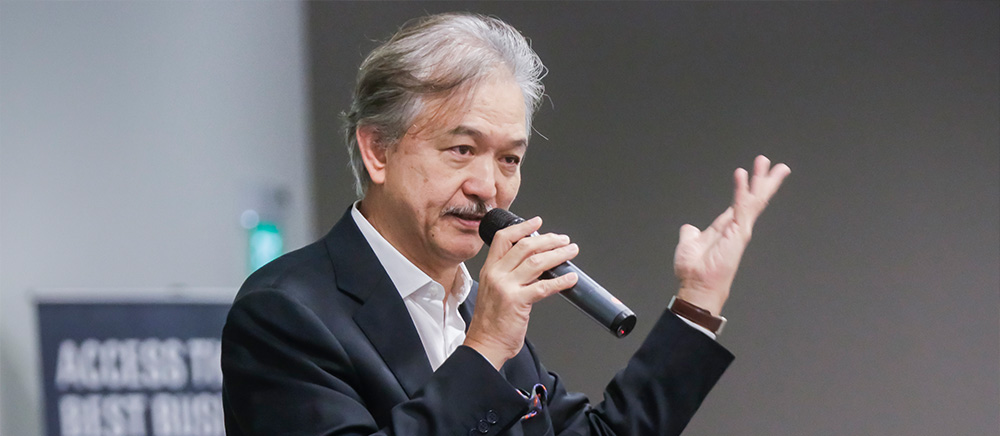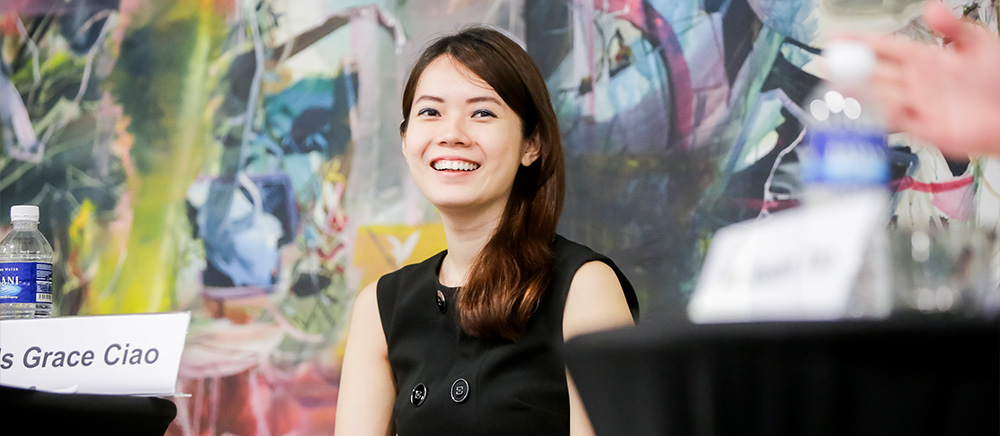The current buzz about digital disruption is feeding an innovation frenzy as companies seek ways to reinvent their businesses to stay relevant.
But what is innovation and how should companies innovate?
This was the topic of the recent Leading Innovation forum organised by Think Business and TODAY. Here are some key quotes from the forum:
Jason Tan, Associate Editor, TODAY (moderator)
We have been innovating as a species since the invention of the wheel. Even today, in my business of journalism, we are facing the pressure to innovate… Past business models and practices no longer work. In many businesses, we have to innovate in order to stay relevant and survive.
Prof Michael Frese, Department of Management and Organisation
There is a sharp differentiation between radical innovation and incremental innovation. Would you have imagined 100 years ago that a suitcase that you could stack on top of each other and a ship is actually an innovation that will change the route, like a container ship? So, the point is that we only know afterwards whether something is radical or not radical, whether it is disruptive or not disruptive.
The next wrong idea: the higher the resources, the better you can innovate. Creativity actually turns out to be very cheap because creativity, well, we can have thousands of ideas here in this room, very, very quickly. Of course, what is much more expensive is to market that stuff that comes out of it.
Dr Robert Yap, Chairman, YCH, BBA 1976
One of the critical factors for people who want to innovate is perseverance, to come back, come up and do it again. But that is only possible if you have that fire, that passion that you want to do something, otherwise you will just give up. As an innovator, as a leader in an organization that actually innovates to survive, it is very important. The moment you stop innovation, that is the end of the day. But if you continue to innovate, then there are definitely some failures, there are also some successes. But do we stop because of failure? No, and it is the kind of attitude that we must have.
Sarah Cheah, Associate Professor, Department of Management and Organisation
Innovation need not necessarily be just about technology. It could be business model innovation. It could even be applications of existing knowledge that we have, just to make the quality of life better for society.
People are also becoming more open, more collaborative, so that opens up a lot more opportunities for the sharing economy.
Grace Chow, Creative Entrepreneur, BBA 2015
Innovation for me means two things – trying to do things differently and improving. In terms of trying to be different, I would say there are so many artists, so many illustrators out there, how am I going to compete with them?
On using innovation to improve my work, I ask: How can I do better? How can I service my clients better? When I first started, I struggled because my work was done on paper. How can I present this kind of work to my clients who are going to use it on different products, on a new box, on thin material? I had no art degree, no art background. … I learned how to use Photoshop, and then Aftereffects, and this is how I improved my works and digitised them. I took advantage of all this technology and I was able to continue growing my business.








